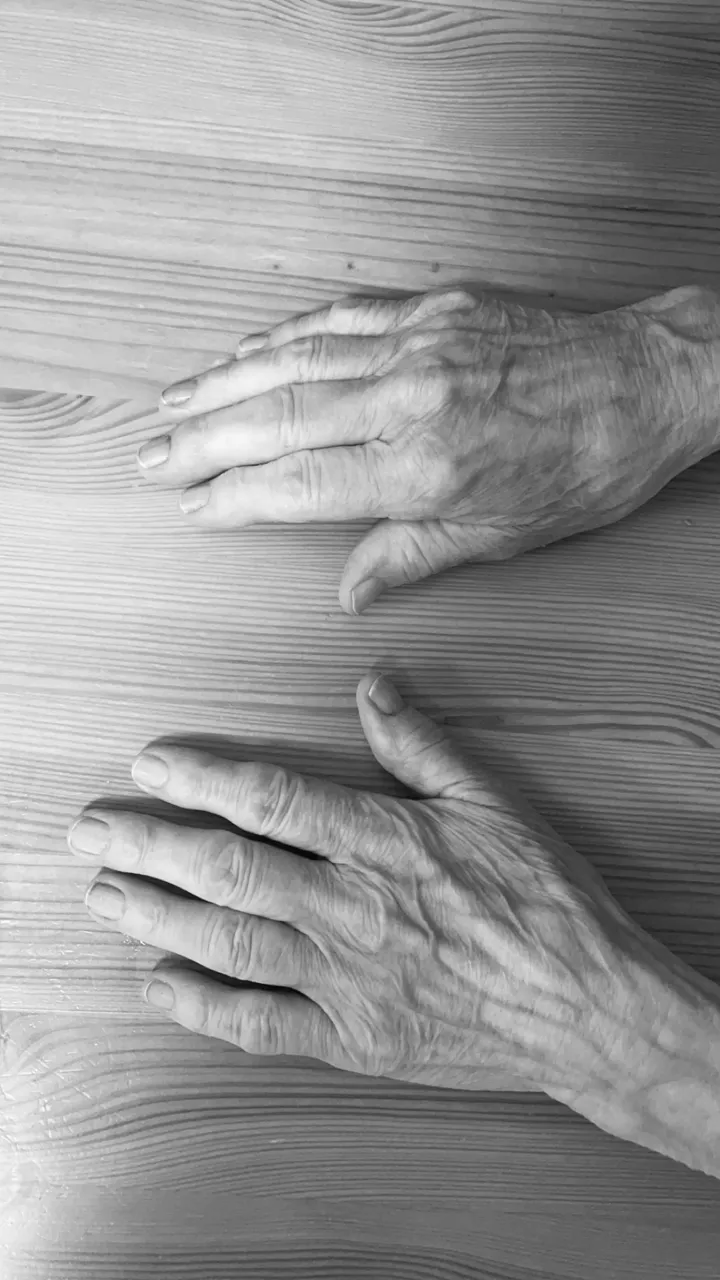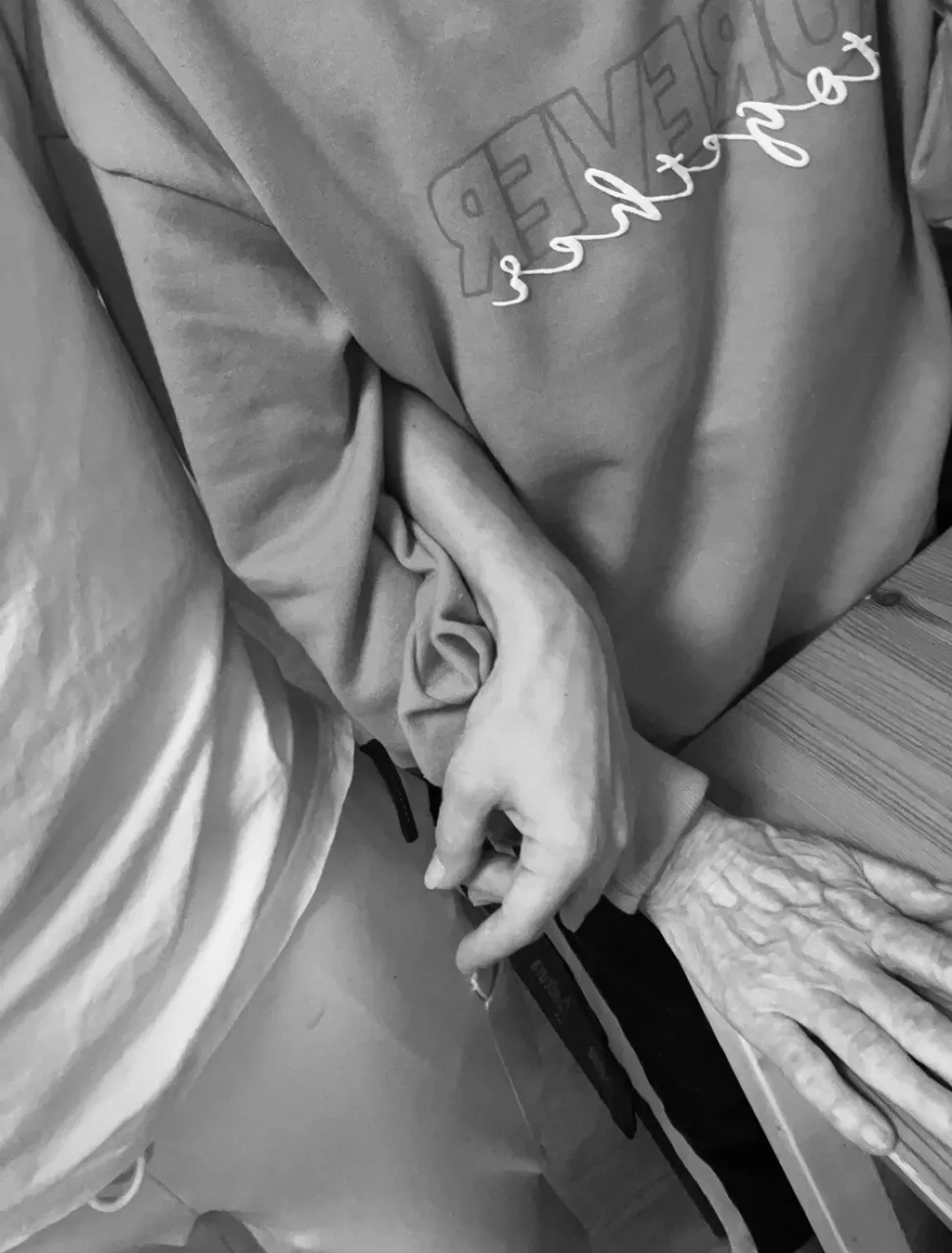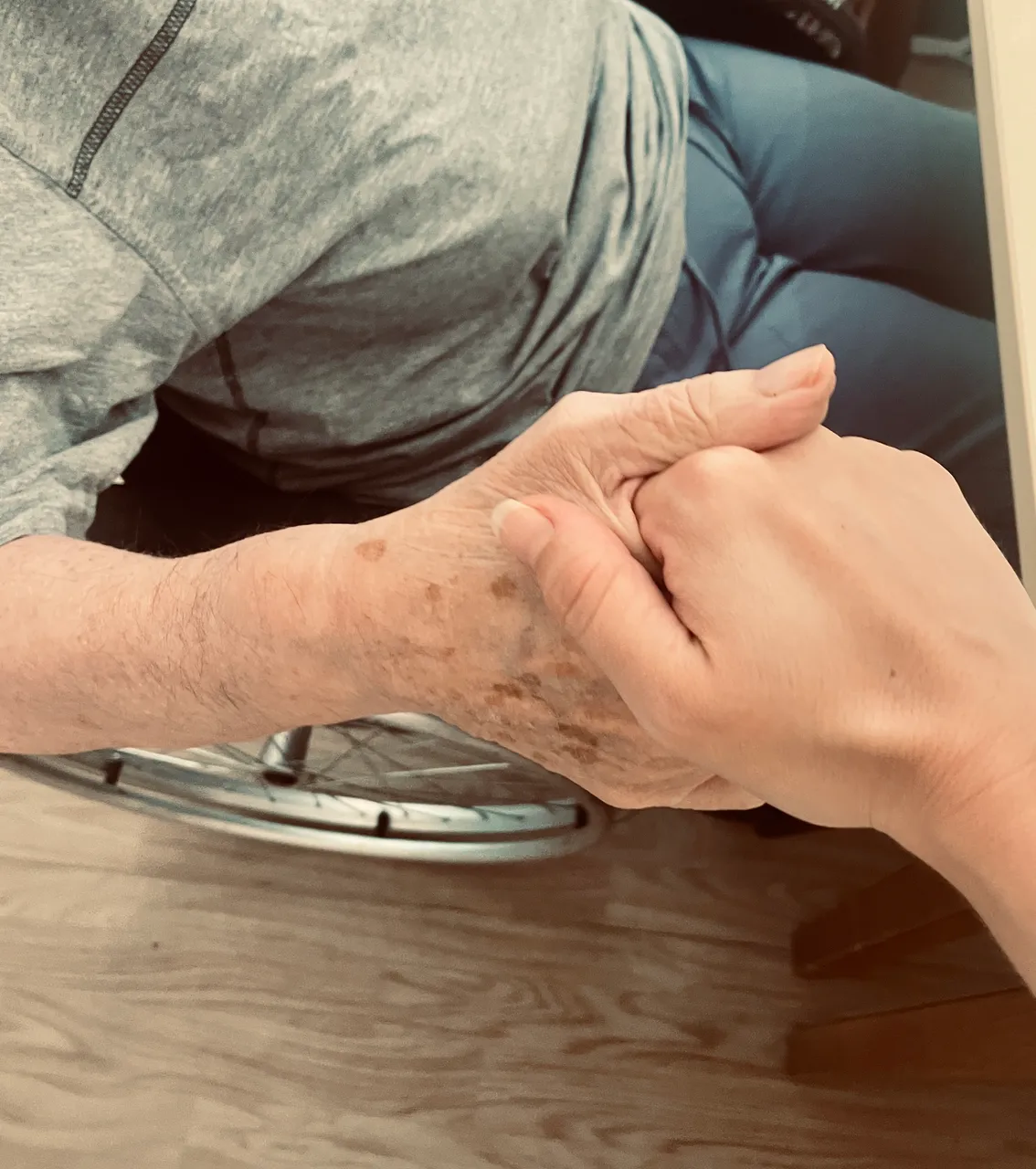I've been a nurse for years. I've seen so much, handled so much, and always found a way to stay steady. In this job, you have to—patients are usually elderly, most with advanced dementia, which brings a whole different set of challenges. It’s routine to work with residents’ relatives too, helping them navigate their own feelings of helplessness or even anger as their loved ones live out their last days.
We learn to keep things calm, to listen, to absorb the accusations without taking them personally. I remember one woman who was on vacation calling from miles away to tell us her mother had claimed she hadn’t been fed for days. That wasn't true—of course, we’d cared for her mother just like every other day. Still, the woman refused to believe us. When she returned, her mother denied ever saying it. Did we get an apology? No.
Then there was the son who accused us of locking his father up because he’d “misbehaved.” His father’s mind had reverted so deeply to his school days that he believed we were his teachers punishing him for acting out. Only then did the son realize his dad was no longer in the present, but back in his childhood. That realization hit him hard, yet no acknowledgment or apology came our way.

One day, a resident with Alzheimer's—a woman who, every morning, gathered her things to "go to work"—escaped. She wore an alert bracelet, which was supposed to alarm us if she left the building, yet somehow she slipped past us. We couldn’t find her anywhere and had to call the police. Two hours later, they located her in her old neighborhood, nearly an hour away. She’d found a way to buy a train ticket and returned to what she remembered as “home.” Only then did her daughter understand that her mom was in another world, that she wasn’t “just forgetful.” For the first time, we got a genuine apology from a family member.

But none of that prepared me for what happened two days ago.
We’d had a mix-up in the food orders that week, and a resident didn’t get her preferred meal. I thought it was resolved—she hadn’t seemed upset. But that afternoon, as I was in a quiet room reading during my break, her son stormed in, and I mean stormed. He got right up in my face, his finger almost touching my nose, and let loose. He called me every name, called all of us "worthless." He said we were just “dead fish floating,” going nowhere in life. Each word hit like a slap. All I could do was apologize and say I was sorry for the mix-up.
I can’t begin to explain how I felt—anger, shame, and helplessness all mixed together. I felt myself starting to break down, not sure what else to do except apologize and say that I'd been the one who served the wrong food. But he didn't stop. He kept going, yelling in my face, and he wouldn't back off. When he finally stormed out, slamming the door behind him, I stood there, shocked. For the first time in this job, I cried. A kind woman saw me, came up, hugged me, and said she’d overheard everything. She couldn't believe how cruel people could be to those who care for their loved ones.
At that moment, my husband and a colleague arrived and, seeing me so shaken, immediately called our boss. They were worried I might have a seizure—I was trembling, barely able to speak. The truth is, this man had been a problem before. He’d made threats to staff and management, even had a visiting ban at one point after almost attacking our boss. He once threatened us because his mother’s new medication, approved by the doctor, cost four euros more a month. This man owned two companies, yet he couldn’t accept an extra four euros for his mother’s care.
After my coworkers finally calmed me down, I approached his mother during dinner. I gently reminded her that if she ever wanted something different to eat, she could always let me know. I thought that would be the end of it.
But later, as I was alone in the dining room cleaning up, I saw him coming toward me again. My heart raced, and I told him to stay back, pleading with him not to come near me. But he was enraged, accusing me of calling him “a pig and incompetent” in front of his mother—something I’d never said. I tried to back away, but he followed, ranting non-stop. Two coworkers heard him and run to me, asking him to leave, but he kept yelling, even threatening to call the police to have me fired.
I finally told him that if he didn’t leave, I would call the police. At that, he stormed downstairs, ranting at our head nurse. Thankfully, two large coworkers were there, and they managed to calm him down enough for him to sit. Unsure if we should call the police, we phoned our boss, who came in right away.
After a long conversation, my boss suggested we resolve things calmly by speaking to his mother directly. Though I was still scared, I agreed to go with her and my coworkers. When we asked his mother if I had really said those words, she looked at me and said, “No, the lady with the red hair did.” But none of us have red hair. In that moment, her son finally realized his mother had made it up.
The boss reminded him that I’m epileptic and that the shock of his harassment could have triggered a seizure, and that we had witnesses to what he had done.
He apologized repeatedly, but the damage was done. I accepted it because my boss asked me to, but his words—"worthless, insignificant, dead fish”—are still burned in my mind.
I don’t know why I’m sharing all of this except that, sometimes, writing it down is the only thing that helps. People need to know how hard it is, how often we’re put down, pushed aside, and told we're not enough. I go back in each day, still giving everything to these residents, still showing kindness to the same people who’ve said these things to me. We take it, swallow it, and smile because that’s what we’re here to do. We’re here for the ones who can’t be there for themselves.

To work in this profession, you need strength I don’t think many people understand. You need to hold steady, even when your heart breaks, because in the end, it’s not about what people think of us. It’s about giving these residents peace, comfort, and dignity—even if it means setting aside our own.
“We should give our elders the respect and dignity they deserve, for they have made our lives possible.” – Unknown
With love, @tinabrezpike ❤️